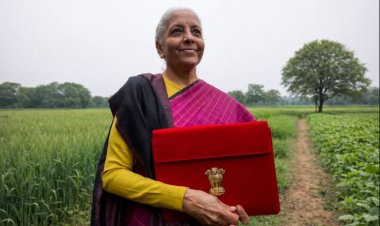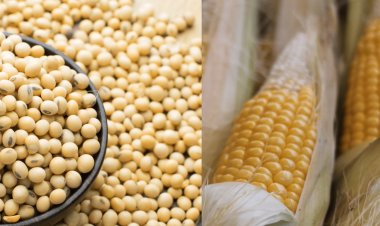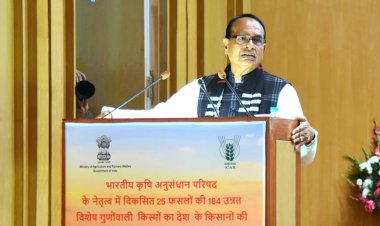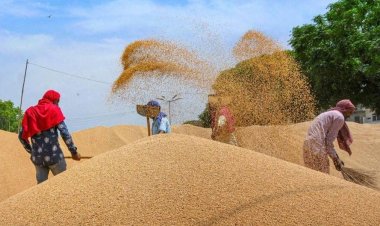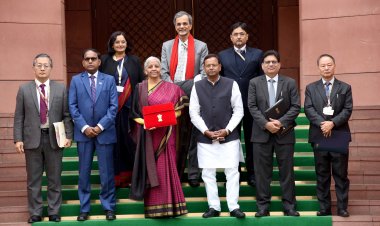Basmati paddy price crossed Rs 6,000 per quintal in Haryana mandis, farmers are reaping benefit of higher price
Due to increasing demand for Basmati rice in the international market, the price of Basmati paddy is increasing. The price of Basmati paddy has crossed Rs 6,000. The price has also increased due to the commencement of procurement of Basmati paddy by Haryana's government procurement agency HAFED (Haryana State Cooperative Supply and Marketing Federation Limited). This has brought joy to the faces of the farmers.
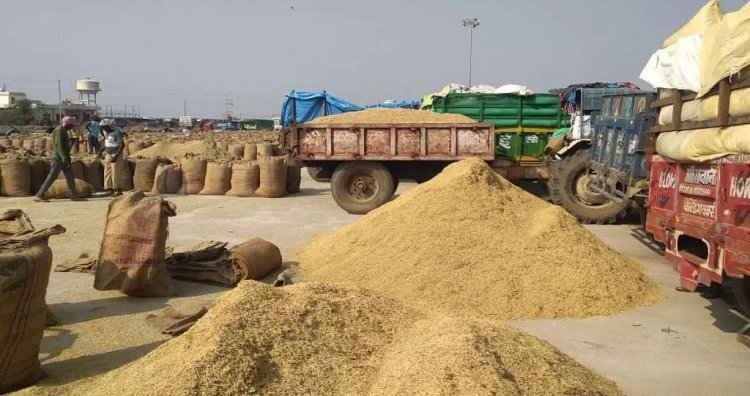
Due to increasing demand for Basmati rice in the international market, the price of Basmati paddy is increasing. The price of Basmati paddy has crossed Rs 6,000. The price has also increased due to the commencement of procurement of Basmati paddy by Haryana's government procurement agency HAFED (Haryana State Cooperative Supply and Marketing Federation Limited). This has brought joy to the faces of the farmers.
Karnal grain mandi Pradhan Rajneesh Choudhary told Rural Voice that the price of Basmati CSR-30 was Rs 6,200 per quintal on Thursday. Two-three days ago the bid was up to Rs 6,500 per quintal. Similarly, the price of 1121 variety has also increased. Its price has reached Rs 4,700, while the price of 1509 variety is running at Rs 3,600 per quintal. Farmers are getting Rs 4,500 for 1718 variety of paddy.
Compared to last year, this time the price has been higher by Rs 700-800 per quintal.
He said that the reason behind the rise in prices is the increase in international demand. This year there is good demand for Basmati rice in the international market due to which the price is increasing in the domestic market.
Competition in the market has increased due to HAFED also entering into purchases due to which the prices have also increased. With more competition in the market, farmers will get better price for their crops.
Last year, HAFED had purchased 85,000 tonnes of paddy and exported 65,000 tonnes of rice. Minimum Support Price (MSP) is not fixed for Basmati paddy. Its price keeps fluctuating depending on the demand. Basmati paddy is mostly purchased by exporters or local rice traders.
After the issue of export of non-Basmati white rice in the name of Basmati came to light, the government had increased the Minimum Export Price (MEP) of Basmati rice to $ 1200 per tonnes. To increase availability in the domestic market and control prices, the government has banned the export of non-Basmati white rice. Last month, exporters had stopped purchasing Basmati paddy in protest against higher MEP. He said that this will affect exports because Pakistan exports Basmati at $800-900 per tonne. Pakistan is India's main rival in the international Basmati market.
After this, accepting the demand of exporters, the government reduced the MEP to $950 per tonne. This increased the enthusiasm of exporters and increased purchasing, the effect of which is visible on the prices.



 Join the RuralVoice whatsapp group
Join the RuralVoice whatsapp group




















